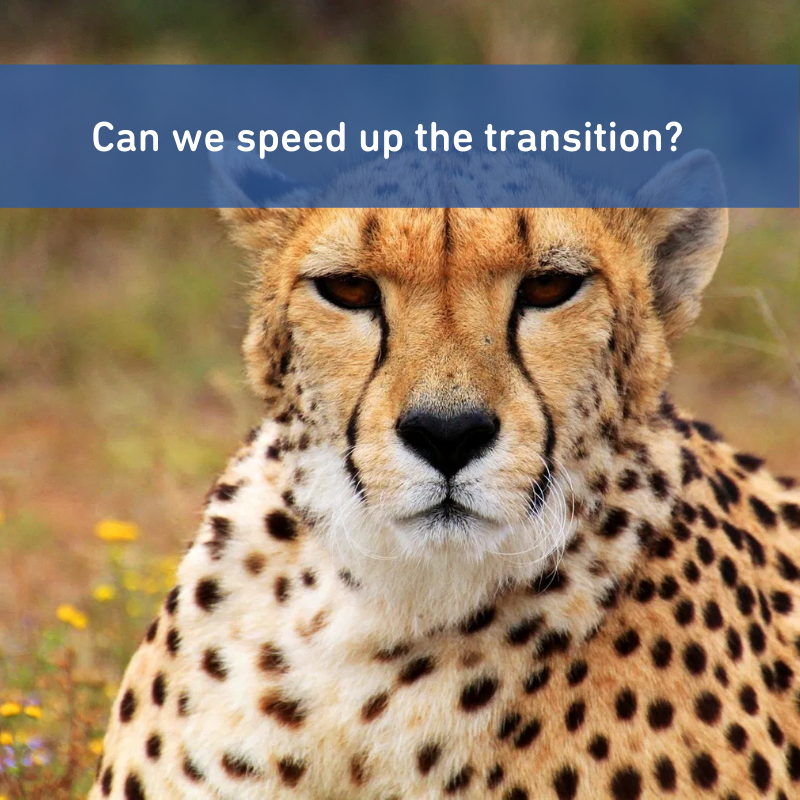Press Release – Can we speed up the transition?

Brussels, 7th October 2019
We welcome the general tone and content of the Council’s conclusions on the circular economy and we’re pleased to see Member States re-emphasise the importance of transitioning towards a more resource-efficient economy.
It is not enough however to simply share warm words and express sentiments. Thoughts must be translated into concrete and immediate actions at both the EU, national and local levels if we are to meaningfully progress towards a more circular economy, reducing the negative impact our production and consumption has on climate change, biodiversity and human health.
The development of the new Circular Economy Action Plan provides an exciting window of opportunity to ensure the success of the EU’s vision of a resource-efficient, net-zero emissions economy.
The Council’s conclusions recognise several key factors that should be prioritised within the new Action Plan, such as the untapped potential offered by the use of fiscal and economic incentives including Extended Producer Responsibility (EPR) schemes and Deposit Refund Systems (DRS).
We also welcome the suggestion to increment the recycling capacity in Europe, which would lead to dealing with European waste within Europe, instead of shipping it to East Asia and elsewhere. But we would be extra careful about promoting chemical recycling.
Chemical Recycling is not the solution to plastic pollution. The real solution lies in prevention and reuse measures, and an overall reduction in plastic use. Moreover, the technology is not yet mature nor viable in the short term, a key factor to consider when designing the EU Circular Economy.
Janek Vähk, Climate, Energy and Air Pollution Coordinator, Zero Waste Europe
In the same way, bio-based and/or biodegradable and compostable plastics are not a solution to plastic pollution either. The “clear and robust policy framework” EU Ministers are calling for should make that crystal clear, and put an end to confusing green claims about those plastics.
Added Justine Maillot, Consumption and Production Campaigner, Zero Waste Europe
The Commission and Parliament must take steps to ensure national governments fully implement the waste hierarchy by introducing mandatory targets for waste prevention measures, specifically on reuse and product life-cycle extension, building on the encouragement laid out in these conclusions.
Meaningful steps need to be implemented as well towards addressing unsustainable food systems and reducing food waste per capita.
We warmly welcome the strong call from the Council to advance the work on the Interface between chemical, product and waste legislation and guarantee non-toxic material cycles, notably through improved traceability and transparency along the value chain. The only way to achieve a toxic-free circular economy is to phase-out hazardous chemicals from the design of products, including food packaging.
Finally, we are pleased to see the Council encourages the Commission and the Member States to “mobilise and support cities and regions”.
Zero Waste Europe’s Cities programme proves that guidelines and action plans to support local-level implementation not only already exist, but are being successfully utilised and delivered in communities throughout Europe today.
Commented Jack McQuibban, Cities Programme Coordinator, Zero Waste Europe
ENDS
Press Contacts
Agnese Marcon, Communications Coordinator, Zero Waste Europe
[email protected] +32 456 078 038